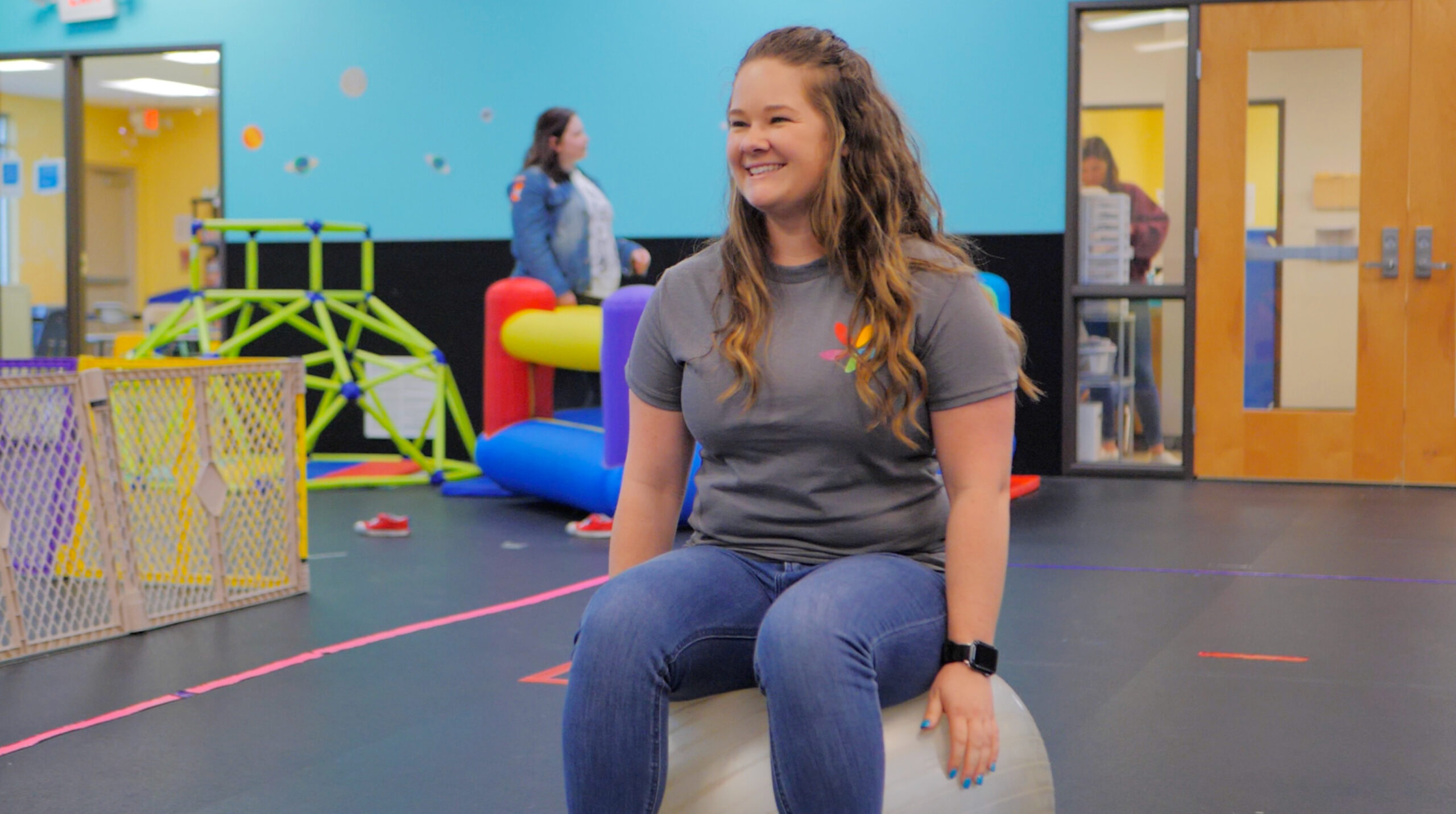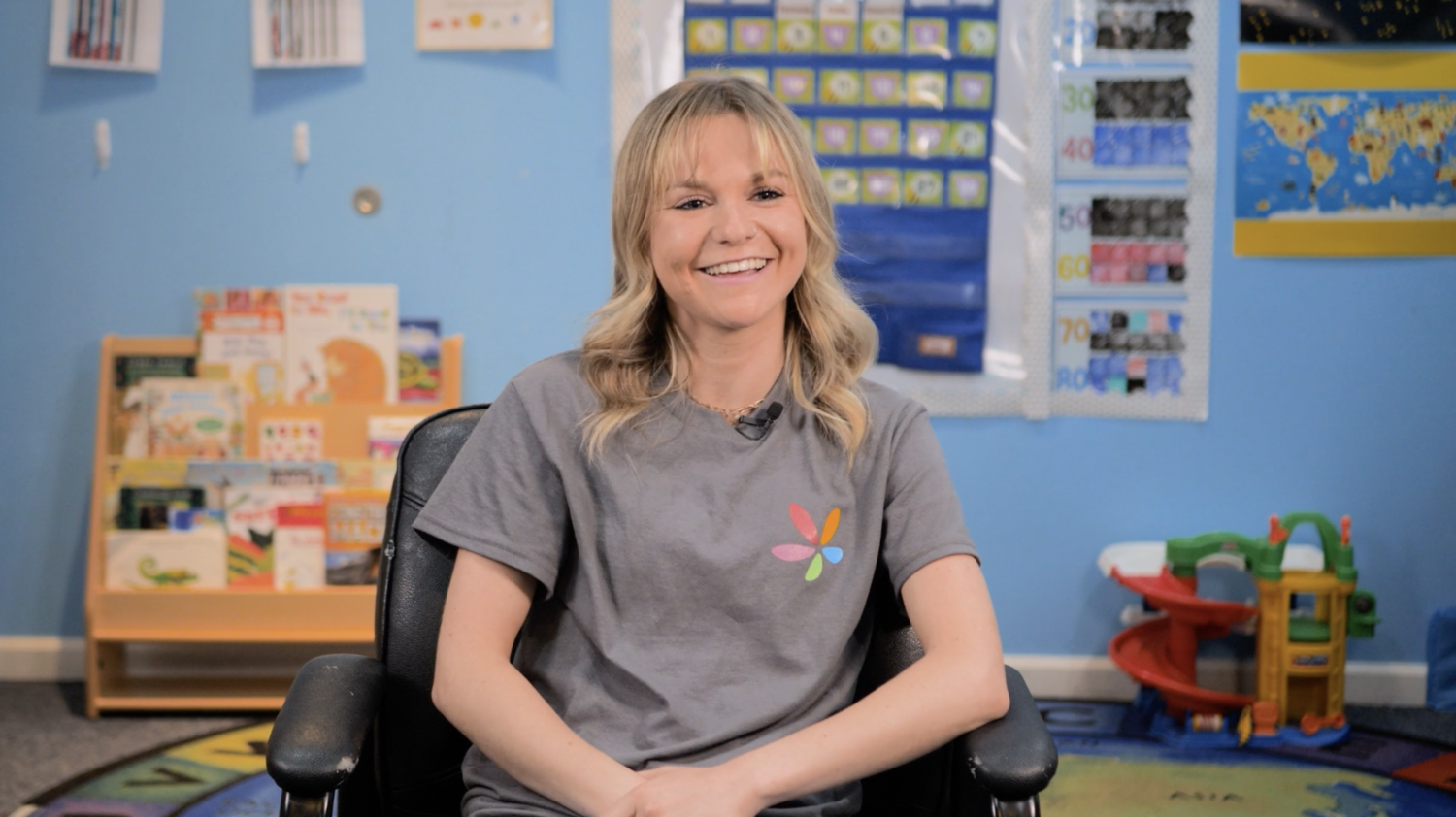Starting your career as a behavior technician can help you build valuable skills that transcend the field of autism.
It can serve as a springboard for launching a successful career in any industry, like human services or education, because it gives you a solid foundation.
Behavior technicians and behavior therapists — what we commonly refer to as BTs — develop “transferable” skills. These competencies can make you versatile and adaptable. Cultivating these talents as a BT can help you gain the expertise to excel in the field of autism. At the same time, you’ll position yourself as a well-rounded professional.
Here are seven of the top skills you’ll learn working as a BT.
1. Adaptability
As a BT, you’ll learn to adapt to different situations and environments. Autism is a complex spectrum, and each person you care for requires a unique approach. You can use this aptitude in other areas that require flexibility and quick thinking. Your ability to adjust to changing trends, new technologies, and unexpected challenges will make you stand out in the crowd.
2. Effective Communication
Communication is at the heart of behavioral therapy. As a BT, you’ll learn to communicate well with people on the autism spectrum, their loved ones, and your colleagues. You’ll cultivate the ability to share ideas, give instructions, and offer support effectively. This is essential in any field that involves working with others. Clear and concise communication fosters positive relationships. This skill prevents misunderstandings and allows for collaborative problem-solving.
3. Empathy
Working closely with people on the autism spectrum requires empathy and compassion. As a BT, you’ll learn about their challenges and truly care about their well-being. These qualities are universally valued and can benefit you in any field. Empathy and compassion create a supportive work environment. This skill also improves customer service and builds strong connections with colleagues and clients.
4. Analytical Thinking
BTs use analytical thinking to understand behaviors, identify patterns, and develop effective strategies. Knowing how to analyze data and find important information is valuable in many jobs. Whether you work in business, education, healthcare, or research, thinking analytically helps you make good choices and achieve positive outcomes.
5. Problem-Solving Abilities
Problem-solving is a fundamental skill where BTs excel. You’ll learn how to spot problems, find out why they happen, and come up with new ideas to fix them. This skill is transferable and valuable in many professions. Employers appreciate people who can face challenges directly and come up with solutions.
6. Collaboration and Teamwork
BTs work with families, other therapists, and educators as part of a team. This collaboration fosters excellent teamwork skills, which are sought-after in any field. To succeed in many jobs, it’s important to work well with others. This means sharing ideas, respecting different perspectives, and contributing effectively to group efforts.
7. Organizational Skills
As a BT, you’ll learn to manage schedules, paperwork, and resources effectively. In any job where you need to manage time and tasks, being organized is crucial. This skill helps you finish tasks on time, stay organized, and work efficiently.
Becoming a BT equips you with a diverse set of talents that can open doors to various career paths. The skills you’ll gain are highly valued in today’s job market.
To succeed in any job, it’s helpful to be adaptable, a good communicator, empathetic, analytical, a problem solver, collaborative, and organized. Cultivating these skills as a BT can propel you toward success and open doors that will get you there.















